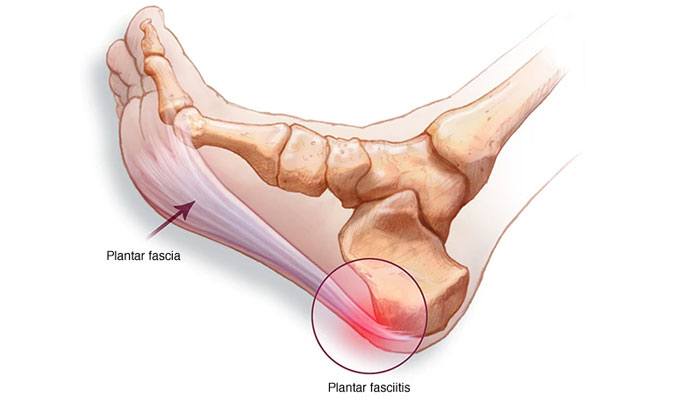Adhesive capsulitis or frozen shoulder is a common health issue that would cause pain and stiffness in the shoulder joint. Those people who are recovering from some medical conditions like a mastectomy or a stroke might be at a higher risk. Also, this health issue often occurs in women and individuals over 40 years old. It can be difficult to diagnose frozen shoulder as its signs can be similar to many common conditions. Below are some basic facts and information about frozen shoulder pain that everyone should know.
What Is Frozen Shoulder?
Frozen shoulder occurs when the tissues of your shoulder joint get tighter and thicker. Over time, scar tissue would develop and lead to pain or limited motion. This means your shoulder joint will not have sufficient space for proper rotation. That’s why it is often called a frozen shoulder rather than the medical term “adhesive capsulitis”. Many people who are unfamiliar with the condition might be surprised by the level of pain and duration of the symptoms. However, proper treatments could help alleviate pain and speed up the recovery. [1]









